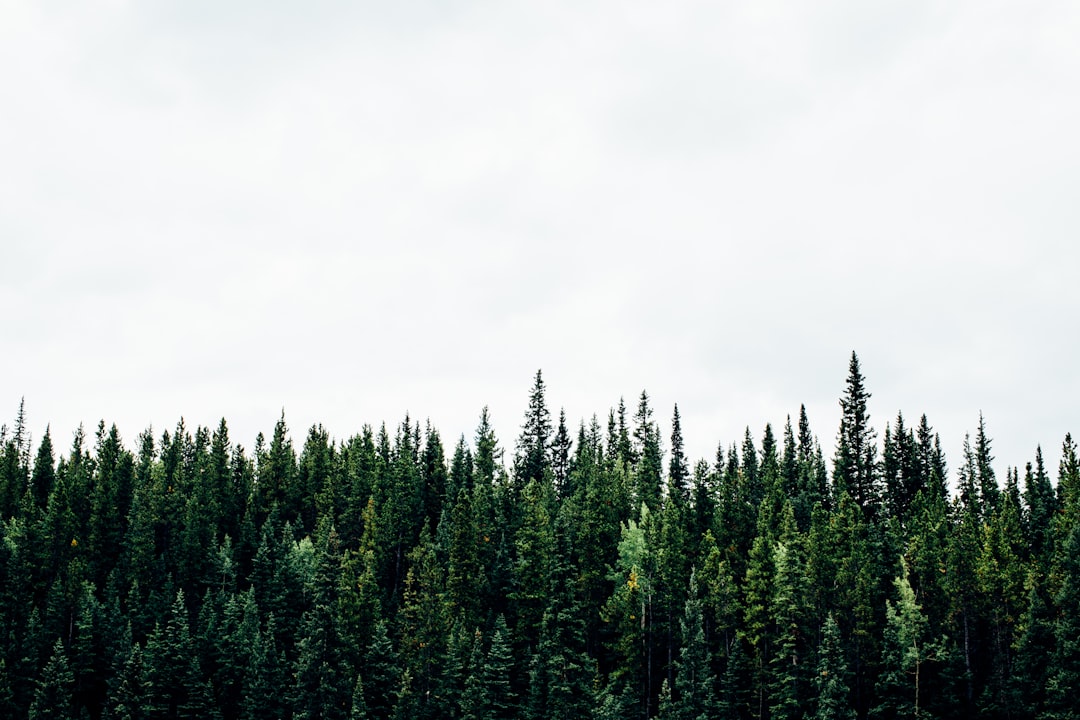

Unsplash
Welcome back!
Almost back to our regular Friday publishing schedule. But if you prefer weekends…maybe reply to this and let us know?
Oh, and welcome to 1100 new readers. Let’s get it.
— Quinn
Did you know we record an audio version of all of our essays? Subscribe to our podcast feed and listen this essay now 👇
I’m Quinn Emmett, and this is science for people who give a shit.
Every week, I help 28,000+ humans understand and unfuck the rapidly changing world around us. It feels great, and we’d love for you to join us.
Together with your new homepage.
Don’t stay on top of the news — we’ll do it for you.
Doom-scrolling sucks. INI Members get daily access to my personal, curated news feed — only what’s most important, updated when I read it.
Search, sort, or filter by the INI-relevant tags to keep an eye on what matters the most.
Get it now on mobile and desktop for just $5/month or $50/year (a 17% discount).
🤝 Support Our Work
We’re 100% independent and supported by readers like you.
Upgrade today and get:
Vibe Check: Our news homepage, curated daily just for you. Never doomscroll again
Half Baked: Weekly briefs to help you think and act on specific, timely issues as they happen
The Community: Join us on Slack to connect, build, and share dog pics
Lifetime thanks for directly supporting our work

Last week’s most popular Action Step was investing in values-aligned companies using fennel.
🌎 Donate to 350.org, a global movement working towards a fossil fuel-free world.
Volunteer with your local Mothers Out Front chapter to fight for a world that protects kids.
Get educated about building a clean energy company using the videos, exercises, and curriculum in Third Derivative’s Startup Resource Database.
🌎 Be heard about climate justice and find an initiative that needs your support or signature in your country using GAIA’s action alert tool.
Invest in the future by setting up a climate-friendly 401(k) with Sphere.
🌎 = Global Action Step

THE FOREST
“Are we in the hardest part of the climate transition?”
Uh, maybe?
It’s a question my friend, journalist, author, and frequent pod guest Akshat Rathi asked recently and the answer is:
It’s complicated.
“…it depends?” Is that better? No? Yes?
“Where are we in the climate transition” is a pretty loaded question. Do you mean in electrifying our power sources? Or transportation? Or vis a vis sea level rise? Or crop migration? etc etc etc.
There’s a very good chance it’s both less and more complicated for me to answer this than for you.
Why?
Because there’s also a very good chance you’re some sort of specialist, even if you don’t consider yourself one. I am…not. I’m not a specialist in anything but microwaving a specific brand of quick cooking rolled oats.
You are probably a state senator, a 3rd-grade teacher, a recent retiree with a pension, a tech lobbyist, a medical resident, a grad student, a high school student, an activist, a neuromuscular surgeon, a grant writer, a fiction author, a food journalist, a screenwriter, a climate investor.
Your job is not to see the forest — like, the entire forest — through your very specific breed and collection of trees. Those being, more specifically, your beat, your students, your fundraising, your book reports or daily word count, your board meetings, your patient list.
Everything is a lot without taking into account (waves hands) everything else.
Of course, you’re good at what you do, and you’re here reading this, so you give a shit a little bit. You care about not only your own employment status, but also how it affects your family, your town, your state, country, and the world. A little bit of the forest creeps in, on some days, when you’ve got six seconds to think about it. Look at you! So worldly.
And/but when you do — it’s a lot to let it all in. Can feel like a mistake. Believe me. The forest is my job and I hide under blankets a lot of the time. My therapist spent an hour yesterday yelling at me for “bullshitting my way through a victory lap” after I asked for 1) more therapy and 2) more medication. So.
You’re not alone, though. America is laden with specialists. Just look at American medicine. We focus less on public health than ever before (whoops!), and so (in part) we have a huge shortage of primary physicians and nurses.
But that’s not like there isn’t a place for specialists in all this — sometimes you need a specialist, or seven. But what you might also really need is for them to be in open conversation with one another, and that’s…rare.
In fact, in most US health care systems, anything but surgery is basically disincentivized. So fun.
It might feel that way to you, too, like trying to see the forest is a waste of your precious time.
On the other hand — consider tunnels.


